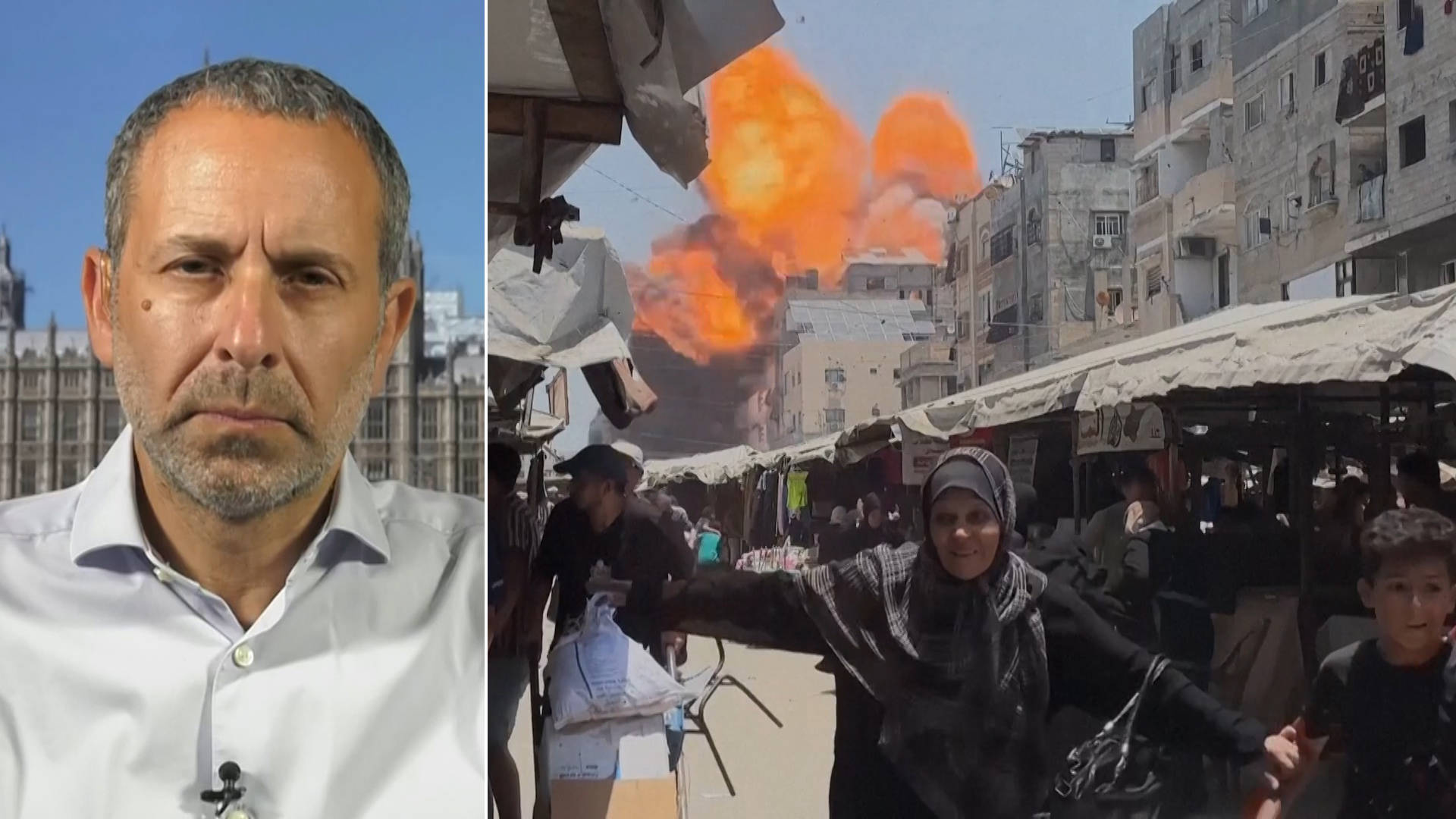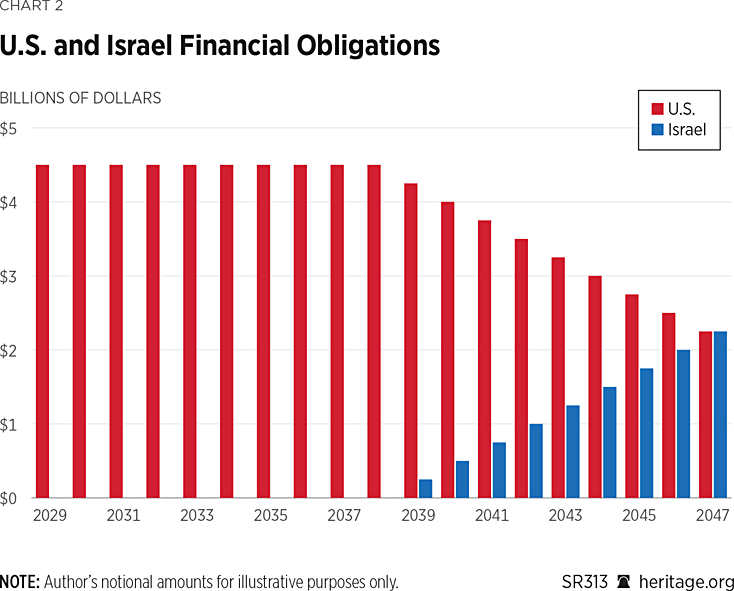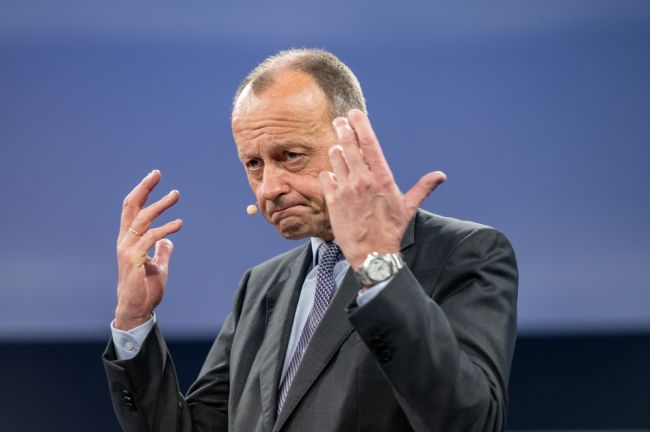Israel’s Gaza Push Spurs Europe Leaders to Turn on Netanyahu

(Bloomberg) -- Some of Israel’s most loyal supporters in Europe are increasingly speaking out against the war in Gaza, with several nations, including Germany, considering trade sanctions and curbs on arms sales.
In recent weeks, the UK, Netherlands and France have started mulling such moves against Israel to help end the 20-month conflict, which has destroyed much of Gaza and sparked what international aid agencies say is a hunger crisis. Germany’s pivot was the most surprising due to its historical position that protecting Israel is a post-Holocaust obligation.
----------------------------------------------------------------------------------------------------------------------------
- Growing international criticism: The war in Gaza has led to increased international scrutiny and condemnation of Israel's military operations and the resulting humanitarian crisis.
- Strain on alliances: Even traditional allies are expressing concerns and taking measures like suspending trade talks or arms sales. Examples include the UK, Canada, and France.
- UN resolutions and court rulings: The UN General Assembly has passed resolutions demanding an end to Israel's occupation and withdrawal from Palestinian territories, reflecting broad international sentiment. The International Court of Justice has also ordered Israel to limit its offensive in Rafah.
- Withdrawal/severance of diplomatic ties: Several countries have recalled ambassadors or severed diplomatic relations with Israel, including Bolivia, Colombia, and Nicaragua.
- Boycotts and cancellations: There's a growing trend of boycotts against Israeli artists and institutions in cultural and academic events.
- Economic implications: Boycott movements and related pressure could lead to decreased international investment and economic hardship.
- Tourism decline: The recent conflict and ongoing tensions have significantly impacted tourism, which has seen a sharp decline.
- Humanitarian crisis in Gaza: Reports of mass civilian casualties, displacement, and warnings of starvation have fueled international outrage.
- Perception of human rights violations: Concerns about potential violations of international humanitarian law and the alleged "collective punishment" of Palestinians are widespread.
- Continued military actions: Israel's ongoing military operations, particularly in Rafah, despite international condemnation, contribute to the sense of isolation.
- Lack of post-war plan: The absence of a clear vision for the future of Gaza and an agreed-upon path toward a two-state solution adds to the diplomatic impasse.

German anger with Prime Minister Benjamin Netanyahu’s government grew when it intensified military operations against Hamas in mid-May and continued blocking aid to Gaza, according to information obtained by Bloomberg. In the German government’s first such comments since the start of the war, Chancellor Friedrich Merz said the humanitarian situation could “no longer be justified by a fight against Hamas terrorism.”
Merz spoke to Netanyahu on Sunday and said it was “necessary to allow sufficient humanitarian aid into the Gaza Strip immediately.”







No comments:
Post a Comment